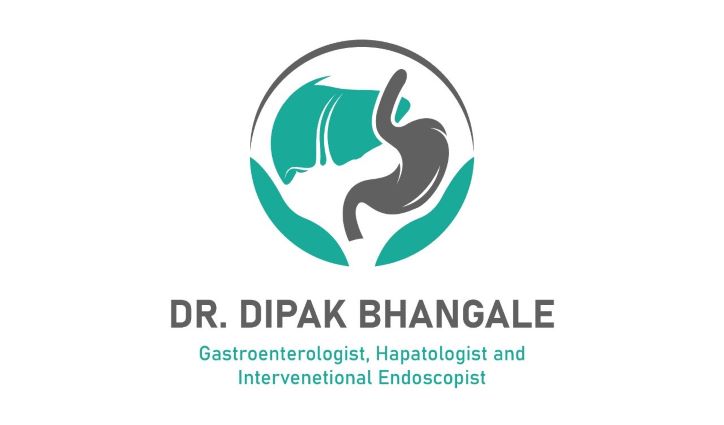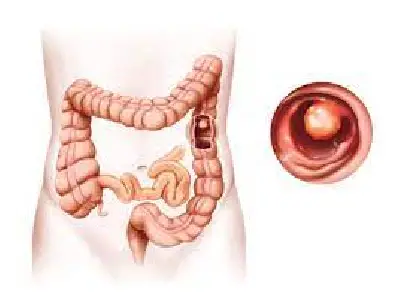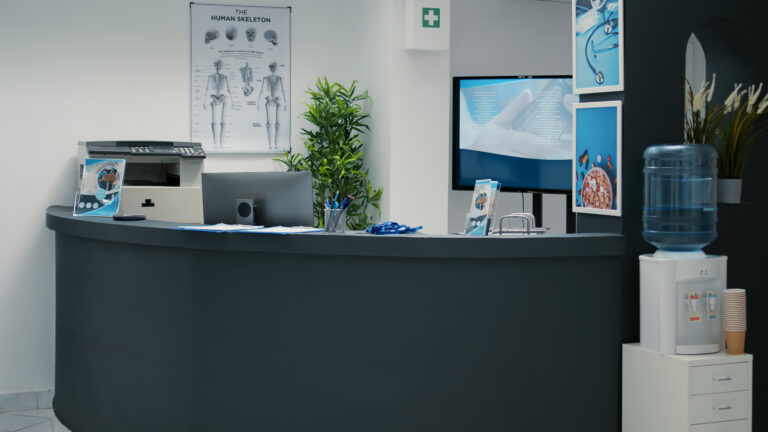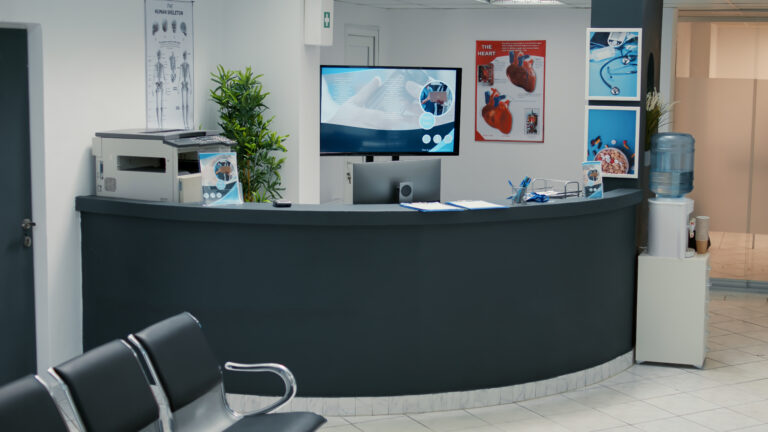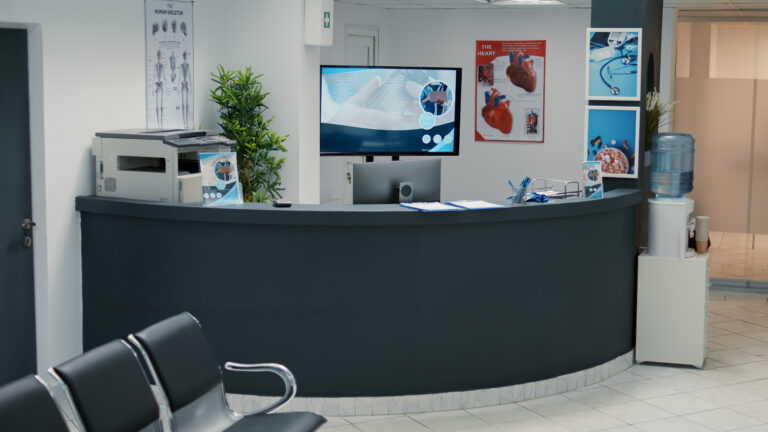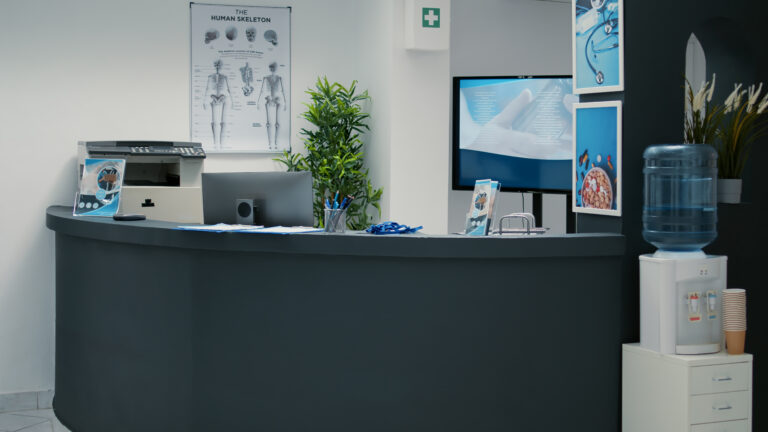ABOUT DOCTOR
Dr. Dipak Bhangale
Dr. Dipak Bhangale is a highly trained specialist in Medical Gastroenterology, Hepatobiliary Medicine, Pancreatic Disorders, and Transplant Medicine.
EDUCATION
- MBBS, MD, DrNB (Medical Gastroenterologist)
- ESEGH-UK (GASTROENTEROLOGY AND HEPATOLOGY)
- FELLOWSHIP IN ADVANCED ENDOSCOPY (PGI, Punjab)
- FELLOWSHIP IN ENDOSCOPIC ULTRASOUND (Midas Hospital, Nagpur)
- FELLOWSHIP in ENDOSCOPIC SUBMUCOSAL DISSECTION & MAGNIFYING ENDOSCOPY (NTT Medical Center, Tokyo, Japan)
Recognized as one of the Best gastroenterologists in Navi Mumbai, Dr. Bhangale combines extensive training and expertise to provide exceptional care for patients with gastrointestinal and liver conditions.
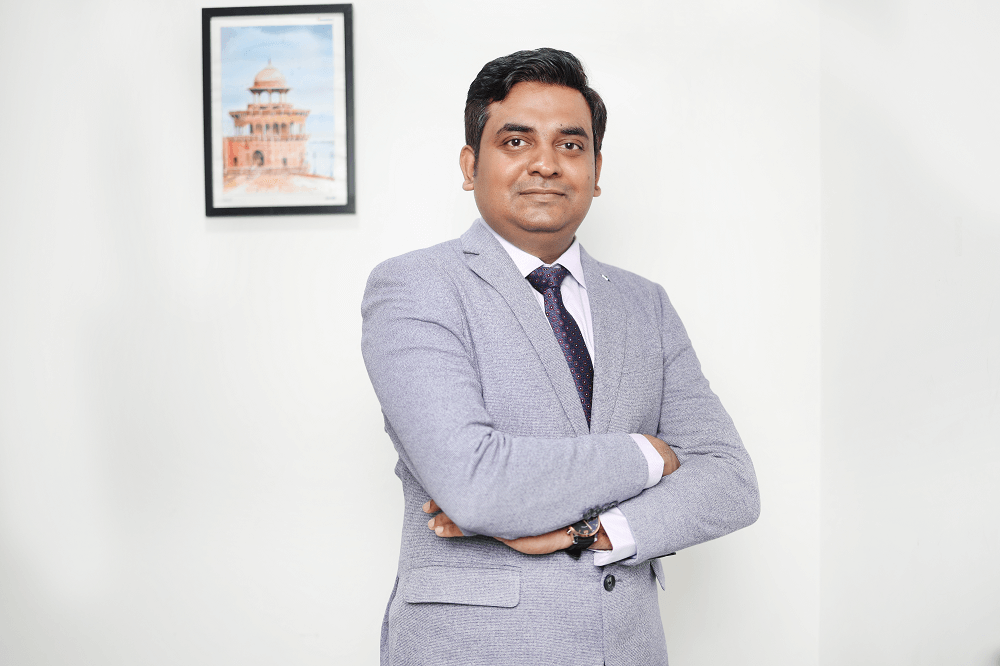
OUR SERVICES
What Services We Offer

EUS
Endoscopic Ultrasound (EUS) is an advanced medical procedure that combines endoscopy....

Cholangioscopy
Cholangioscopy is a cutting-edge medical procedure that allows physicians to directly....
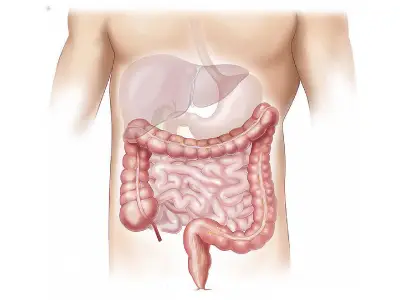
Enteroscopy
Enteroscopy is a specialized medical procedure that allows doctors to examine....
FAQ'S
Inflammatory bowel disease (IBD) is a term for two conditions (Crohn’s disease and ulcerative colitis) that are characterized by chronic inflammation of the gastrointestinal (GI) tract. Prolonged inflammation results in damage to the GI tract.
IBS stands for Irritable Bowel Syndrome. It is a common gastrointestinal disorder that affects the large intestine (colon) and can cause a variety of digestive symptoms. IBS is a chronic condition and is characterized by symptoms such as abdominal pain, cramping, bloating, gas, diarrhea, and constipation. These symptoms can vary in severity and may come and go over time.
- Fatigue.
- Easily bleeding or bruising.
- Loss of appetite.
- Nausea.
- Swelling in the legs, feet or ankles, called edema.
- Weight loss.
- Itchy skin.
- Yellow discoloration in the skin and eyes, called jaundice.
Fatty liver disease (steatosis) is a common condition caused by having too much fat build up in your liver. A healthy liver contains a small amount of fat. It becomes a problem when fat reaches 5% to 10% of your liver’s weight.
There are three main ways a liver transplant can be carried out:
- deceased organ donation – involves transplanting a liver that has been removed from a person who died recently
- living donor liver transplant – a section of liver is removed from a living donor; because the liver can regenerate itself, both the transplanted section and the remaining section of the donor’s liver are able to regrow into a normal-sized liver
- split donation – a liver is removed from a person who died recently and is split into two pieces; each piece is transplanted into a different person, where they will grow to a normal size
Most liver transplants are carried out using livers from deceased donors.
An endoscopy is a procedure used in medicine to look inside the body.[1] The endoscopy procedure uses an endoscope to examine the interior of a hollow organ or cavity of the body. Unlike many other medical imaging techniques, endoscopes are inserted directly into the organ.
Endoscopic retrograde cholangiopancreatography (ERCP) is a procedure that combines upper gastrointestinal (GI) endoscopy and x-rays to treat problems of the bile and pancreatic ducts.
Stomach ulcers, which are also known as gastric ulcers, are painful sores in the stomach lining. Stomach ulcers are a type of peptic ulcer disease. Peptic ulcers are any ulcers that affect both the stomach and small intestines.
Stomach ulcers occur when the thick layer of mucus that protects your stomach from digestive juices is reduced. This allows the digestive acids to eat away at the tissues that line the stomach, causing an ulcer.
Stomach ulcers may be easily cured, but they can become severe without proper treatment.

